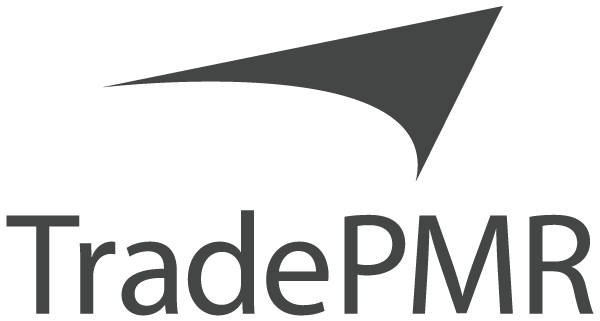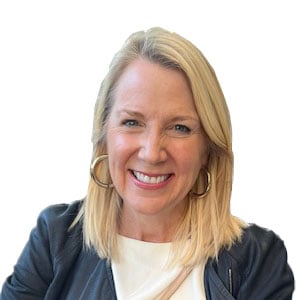A book is a great way to put something permanent-ish out there, in a world where everything is increasingly ephemeral. A book has a bit more heft to it. It’s got a bit of staying power.
I had been meaning to write my latest book, How to Retire, for years. But I wasn’t necessarily expecting that writing a book about retirement would cause me to reconsider my own legacy.
In our industry, there’s no shortage of great retirement guidebooks. Many are so comprehensive; they tell you virtually everything you need to know about the details of retirement planning.
Sometimes, however, all we think about when it comes to retirement is money and hitting a certain number. Retirement is not just a math problem. It’s not even just financial.
When I set out to collect wisdom on what makes for a good retirement, I was doing so because I found that retirement is about more than just numbers.
It’s intensely personal.
It’s about purpose and relationships and identity. When I decided to write about retirement planning, I wanted to bring those aspects to life.
I’m at the stage – one that I think everyone gets to in their career – where you start to think more about legacy. You start to think about what people will remember you for. I’m not planning to retire any time soon, but it’s only natural that writing this book deeply shaped the way I thought about my own retirement, too.

A Friend, a Publisher, an Editor and a Book
The idea for my book, How to Retire, dates back to a conversation I had years ago with a friend and former colleague, Brian Portnoy. Brian had just published The Geometry of Wealth and was telling me about his experience with his editor, Craig Pearce. Brian eventually introduced us in 2018 during one of Craig’s visits to the US from the UK.
At the time, my professional efforts were focused on retirement, wealth decumulation, and all the different tentacles related to that. Craig encouraged me to consider writing a book on the topic. I liked the idea, but I kept putting it off. I just didn’t have the time.
From Podcast to Published
In 2019, I began co-hosting a podcast called The Long View, where I regularly interview a variety of guests, from authors to professors to investment strategists. It quickly became one of the best parts of my job.
We talk about everything from crypto fraud to the F.I.R.E. movement to money personalities. It’s great! Every week, I’m busy researching and reading and having conversations.
Craig, who I stayed in touch with over the years, encouraged me to expand on the relationships I had with my podcast guests and let them speak as the expert voices they are. He suggested that I write a book in an interview format. It would leverage the work I’d done on the topic of retirement, but in a way that meshes with the work that I enjoy doing for the podcast.
At the time, I thought the format might make the process of writing a book a lighter lift. But in hindsight? I’m not so sure.
An interview-style book involves a lot of moving parts. There’s the business of scheduling and recording the interviews. Even when the interviewees are incredibly articulate people, getting an interview into a shape that’s well-organized and flows naturally can be a gargantuan task.
There were many, many moments while working on the book where I was just thinking, “God, it would’ve been so much easier if I were just putting this thing together on my own.”
But Craig and I stuck with the original concept: an interview-style book that starts with the work I’ve done on the topic of retirement and leverages podcast-style conversations with experts on everything from Social Security to relationships to health to finding purpose later in life.
I’m not an expert in many of those areas, so including other experts helped prevent imposter syndrome from creeping in. Their different voices made the writing feel more human, and I’m very happy with how it all came together.
A Book for Others Becomes My Own Guidebook
I have increasingly come to appreciate the idea of phasing into retirement. My goal is to have my work-life composed of things that I really love doing and avoid the things that I don’t enjoy. I don’t love meetings anymore. I decided at a certain point I didn’t want to manage people; I like to be in charge of my own work.
It’s an active process and a work in progress. But the feedback I get, from the work I do, continues to motivate me. When people tell me that my work has meaning for them, it makes me want to keep doing what I’m doing.
My plan is to continue doing some version of my work for many years into the future. I may do less of it, and I may put fewer hours into it, but I want to keep helping others think about the broader implications of how their money decisions affect what they’re able to accomplish in their lives.
A Fulfilling Retirement
Even though you might have various points in your career where you're feeling kind of burned out, you enjoy your leisure time that much more if you've actually accomplished something. After all, we need to relax from something. For me, that’s an important aspect of a fulfilling retirement.
As long as some version of my life's work is helpful to people, I’m going to keep at it. Whether that's writing a book, working in a paid capacity, or volunteering. I want to keep looking for alignment in my activities and add value to the world. I want to keep doing that stuff for longer.
Morningstar and its employees are not affiliated with TradePMR. No compensation was paid to the author for this article. This article reflects this the author's experience. Your experience may vary.

